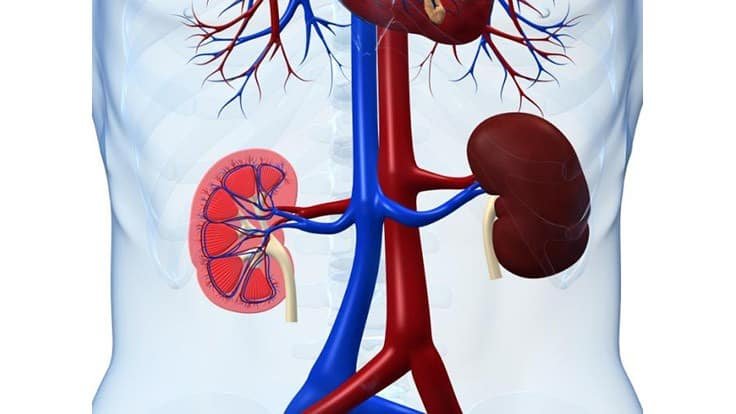FAQs on Urinary Tract Infection (UTI)
What is a Urinary Tract Infection?
A Urinary Tract Infection, or UTI, is an infection of the urinary system, whether it be your kidneys, ureters, bladder, urethra, or multiple parts of the system. Affecting both women and men, UTIs can be treated with antibiotics. When limited to the bladder, a UTI can be painful and aggravating, but it is much more serious when a UTI spreads to the kidneys.
Is this common?
Mostly involving the lower urinary tract, namely the bladder and urethra, UTIs are more common in women than in men due to the shorter length of the female urethra and its close proximity with the vagina and anus.
What are the symptoms?
UTIs don’t always trigger symptoms. But if a UTI does cause a sign or symptom, a person may experience a strong urge to urinate persistently, a burning sensation while urinating, the passing of small amounts of urine, cloudy urine, blood in the urine resulting in a pink or red color, strong odor from urine, or pelvic pain for women.
What is the most common cause of a UTI?
The most common cause of a UTI is bacteria entering the urinary tract via the urethra, which then multiplies in the bladder. Commonly occurring in women, UTIs are usually caused by E. Coli, which is a kind of bacteria found in the GI tract. While sexual intercourse can cause cystitis, a woman can still develop a UTI without being sexually active.
When should I see a Urologist?
If you have signs or symptoms such as those listed under “What are the symptoms,” you should see a Urologist who will work as your UTI doctor. Click here to contact Dr Shirley Bang, female Urologist in Singapore.
What should I expect when I visit a Urologist?
A Urologist may request a urine sample for analysis and culture where the urine is being tested for the kind of bacteria and its sensitivities to various antibiotics in the laboratory. The Urologist will also do an ultrasound examination of the kidneys and bladder.
If you have frequent infections, your Urologist may perform further tests such as a CT scan or cystoscopy to determine if there is an abnormality in your urinary tract.
What are the treatments available?
Urinary Tract Infection treatments start with antibiotics as a first line of defense. Your Urologist will prescribe a type of antibiotic and its duration of treatment according to your urine culture results. For more frequent UTIs, your Urologist may prescribe low-dose prevention antibiotics for three to six months. If there is an obvious trigger to the UTIs such as sexual intercourse, you may need self-start antibiotics regime post intercourse to prevent UTI.
Vaginal estrogen cream may also be prescribed to post-menopausal women with frequent UTIs.





